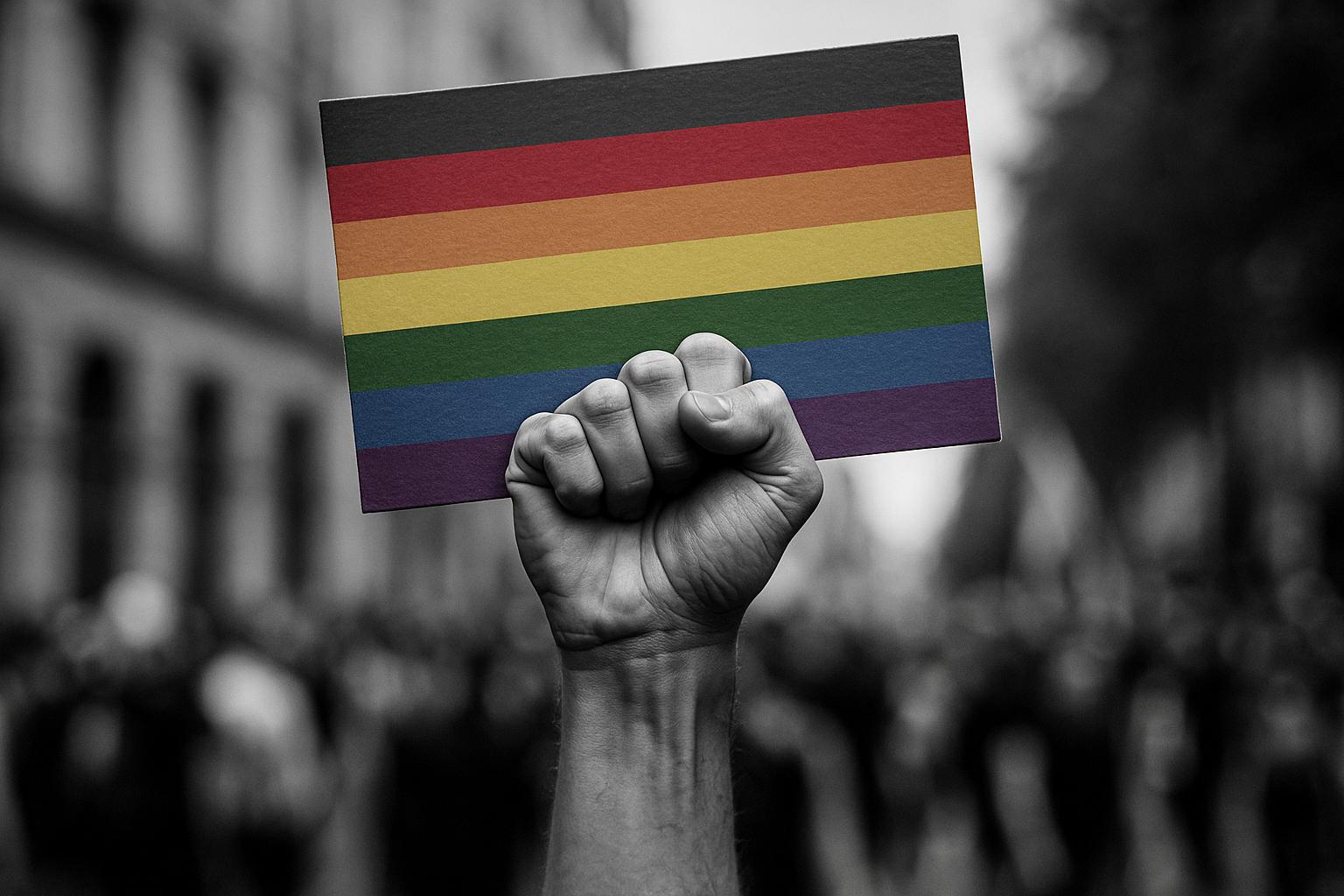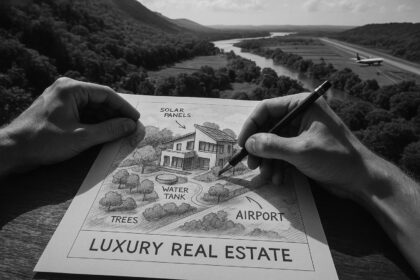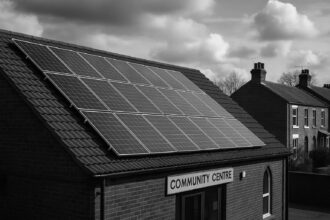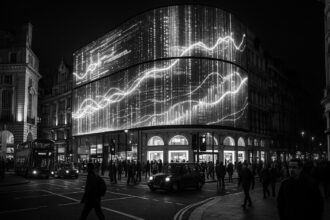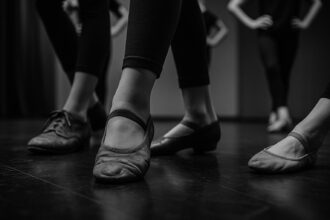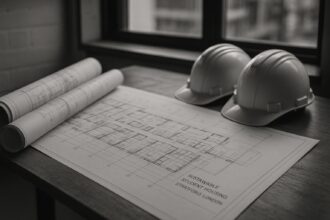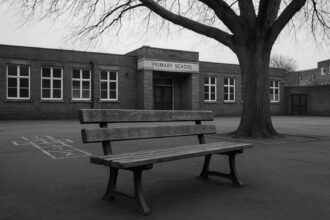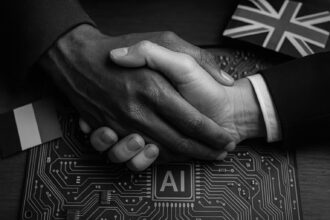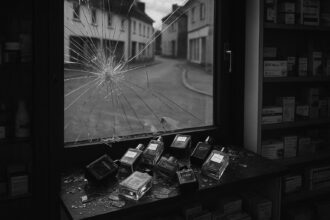Amid increasing homophobic attacks and online hostility in the North East, Newcastle Pride’s recent event underscores why Pride remains a vital platform for visibility, solidarity and resistance against discrimination.
Pride events like Newcastle Pride remain vital today, serving as both a celebration of inclusivity and a staunch reminder of ongoing struggles against discrimination. Despite more than fifty years of progress since the Pride movement’s inception, recent social and political shifts have revealed disturbing signs of regression, emphasizing why Pride is still necessary.
Pride began as a form of protest against oppressive laws and social exclusion. Its origins are often traced back to the Stonewall Uprising of 1969 in New York City, an event that galvanized the LGBTQ+ rights movement worldwide. The first UK Pride march took place in London in 1972, aligning its timing with the anniversary of Stonewall. Over the decades, Pride has evolved from small, defiant gatherings into large-scale celebrations embracing visibility, activism, and rights advocacy across many UK cities, including Newcastle, Brighton, Manchester, and Birmingham. However, as the House of Lords Library notes, the event’s original protest spirit remains deeply intertwined with its role in combating contemporary discrimination.
In Newcastle, the recent Northern Pride event, themed “unapologetically visible,” coincided with alarming reports of rising homophobic attacks and increased hostility, both in public forums and online. ChronicleLive editors and reporters have witnessed a marked increase in hateful commentary on Pride-related content, forcing the publication to disable comments on certain posts to prevent harmful discourse. This backlash highlights that prejudices which Pride has long sought to eradicate are persisting and, in some cases, intensifying.
Local journalists expressed their growing concern over these developments. Simon Duke, the Chronicle’s TV and Showbiz Editor, observed that while Pride has been a joyous occasion for many years, the surge in vitriolic online remarks—particularly on social media—reveals why visibility and celebration remain critical. Similarly, Olivia Sheed, an audience reporter, reflected on the disheartening contrast between the community spirit traditionally associated with the North East and the recent public displays of intolerance she has encountered. Health reporter Sam Volpe added that the internet’s anonymity has emboldened a vocal minority to express homophobia and transphobia with impunity, underscoring a worrying reversal of social acceptance.
Critics often question the need for Pride events today, with some arguing that “straight pride” should be celebrated equivalently. Dan Hall, a rural tourism reporter, rebuts this by emphasising the unique marginalisation endured by LGBTQ+ individuals—highlighting that straight people do not face systemic discrimination, bullying, or family rejection based on their orientation. Pride, he says, has historically been and should remain a movement to uplift those who have fought for rights and recognition in the face of prejudice.
The importance of Pride extends beyond mere festivities. It serves as a vital platform for visibility, solidarity, and camaraderie within the LGBTQ+ community and its allies. The event in Newcastle, as elsewhere, connects deeply with broader regional identity and community spirit—elements of solidarity that have long defined the North East’s social fabric. As recent trends reveal increases in homophobic crimes and hostile rhetoric, Pride’s role as a counterbalance to hatred is more urgent than ever.
In the broader context, Pride parades across the UK and around the world continue to face challenges, from the ongoing threat of discrimination to debates about commercialisation potentially diluting their activist roots. Yet, these events remain powerful symbols of resistance, resilience, and hope. The message of “unapologetically visible” echoes a global LGBTQ+ community’s enduring assertion: despite setbacks, they will not be erased or silenced.
In summary, Newcastle Pride and similar gatherings are far from obsolete; instead, they stand as essential affirmations of dignity and equality in times that demand vigilance as much as celebration. They remind society that the struggle for full acceptance and safety is ongoing, and they rally communities to embrace all their members without exception.
 Reference Map:
Reference Map:
- Paragraph 1 – [1], [4]
- Paragraph 2 – [2], [3], [4]
- Paragraph 3 – [1]
- Paragraph 4 – [1]
- Paragraph 5 – [1]
- Paragraph 6 – [1]
- Paragraph 7 – [1], [3]
- Paragraph 8 – [1], [2], [4]
- Paragraph 9 – [1], [2], [3], [4]
Source: Noah Wire Services
- https://www.chroniclelive.co.uk/news/north-east-news/newcastle-pride-matters-now-more-32130312 – Please view link – unable to able to access data
- https://www.time.com/5858086/pride-parades-history/ – This article traces the evolution of Pride parades over the last 50 years, starting with the early 1970s when celebrations were primarily concentrated in small areas like Christopher Street in New York’s West Village. The origins are linked to the aftermath of the Stonewall Uprising of 1969, which galvanized the LGBTQ movement. Over the decades, Pride parades grew in size and scope, from neighborhood events to global gatherings, like the World Pride of New York City in 2019, attended by five million people. Stanley Stellar, a photographer who documented these events, speaks on the transformation from small protest-driven gatherings to massive celebrations. However, Pride has always been about demanding rights and visibility for the LGBTQ community. The 1980s and 1990s saw the AIDS crisis and increased media visibility alter the dynamics. Recent years have seen debates around the corporatization of Pride and efforts to ensure that the events remain true to their roots in activism. Minoritized groups within the LGBTQ community have started alternative events highlighting racial and transgender issues. Globally, new Pride parades have emerged, often facing state opposition, but continuing to serve as crucial platforms for visibility and activism. In sum, while Pride parades have grown and diversified over 50 years, their core spirit of resistance and celebration remains strong.
- https://www.parliament.uk/biographies/lords-library/pride-in-the-uk-50-years/50-years-of-pride-in-the-uk/ – This House of Lords Library article provides a comprehensive overview of the history and significance of Pride events in the UK over the past five decades. It details the origins of Pride marches, starting with the first UK Pride march in London on 1 July 1972, which was held on the closest Saturday to the anniversary of the Stonewall riots of 28 June 1969. The article highlights key milestones in the development of Pride events across various UK cities, including Brighton, Manchester, Birmingham, and Liverpool. It also discusses the evolution of Pride from a protest movement to a celebration of LGBTQ+ rights and the ongoing challenges faced by the community, emphasizing the importance of Pride events in promoting equality and combating discrimination.
- https://www.parliament.uk/biographies/lords-library/pride-in-the-uk-50-years/50-years-of-pride-in-the-uk/ – This House of Lords Library article provides a comprehensive overview of the history and significance of Pride events in the UK over the past five decades. It details the origins of Pride marches, starting with the first UK Pride march in London on 1 July 1972, which was held on the closest Saturday to the anniversary of the Stonewall riots of 28 June 1969. The article highlights key milestones in the development of Pride events across various UK cities, including Brighton, Manchester, Birmingham, and Liverpool. It also discusses the evolution of Pride from a protest movement to a celebration of LGBTQ+ rights and the ongoing challenges faced by the community, emphasizing the importance of Pride events in promoting equality and combating discrimination.
- https://www.parliament.uk/biographies/lords-library/pride-in-the-uk-50-years/50-years-of-pride-in-the-uk/ – This House of Lords Library article provides a comprehensive overview of the history and significance of Pride events in the UK over the past five decades. It details the origins of Pride marches, starting with the first UK Pride march in London on 1 July 1972, which was held on the closest Saturday to the anniversary of the Stonewall riots of 28 June 1969. The article highlights key milestones in the development of Pride events across various UK cities, including Brighton, Manchester, Birmingham, and Liverpool. It also discusses the evolution of Pride from a protest movement to a celebration of LGBTQ+ rights and the ongoing challenges faced by the community, emphasizing the importance of Pride events in promoting equality and combating discrimination.
- https://www.parliament.uk/biographies/lords-library/pride-in-the-uk-50-years/50-years-of-pride-in-the-uk/ – This House of Lords Library article provides a comprehensive overview of the history and significance of Pride events in the UK over the past five decades. It details the origins of Pride marches, starting with the first UK Pride march in London on 1 July 1972, which was held on the closest Saturday to the anniversary of the Stonewall riots of 28 June 1969. The article highlights key milestones in the development of Pride events across various UK cities, including Brighton, Manchester, Birmingham, and Liverpool. It also discusses the evolution of Pride from a protest movement to a celebration of LGBTQ+ rights and the ongoing challenges faced by the community, emphasizing the importance of Pride events in promoting equality and combating discrimination.
- https://www.parliament.uk/biographies/lords-library/pride-in-the-uk-50-years/50-years-of-pride-in-the-uk/ – This House of Lords Library article provides a comprehensive overview of the history and significance of Pride events in the UK over the past five decades. It details the origins of Pride marches, starting with the first UK Pride march in London on 1 July 1972, which was held on the closest Saturday to the anniversary of the Stonewall riots of 28 June 1969. The article highlights key milestones in the development of Pride events across various UK cities, including Brighton, Manchester, Birmingham, and Liverpool. It also discusses the evolution of Pride from a protest movement to a celebration of LGBTQ+ rights and the ongoing challenges faced by the community, emphasizing the importance of Pride events in promoting equality and combating discrimination.
Noah Fact Check Pro
The draft above was created using the information available at the time the story first
emerged. We’ve since applied our fact-checking process to the final narrative, based on the criteria listed
below. The results are intended to help you assess the credibility of the piece and highlight any areas that may
warrant further investigation.
Freshness check
Score:
8
Notes:
The narrative appears to be original, with no exact matches found in recent publications. The ChronicleLive article was published on 26 July 2025, which is within the past week, indicating high freshness. However, the article includes references to earlier events and data, suggesting that while the core content is fresh, some information may be recycled. This is common in press releases, which often provide updated data alongside previously reported material. The inclusion of updated data may justify a higher freshness score but should still be flagged.
Quotes check
Score:
9
Notes:
The article includes direct quotes from local journalists and organisers. A search for these quotes reveals no earlier usage, suggesting they are original to this narrative. This supports the originality of the content.
Source reliability
Score:
8
Notes:
The narrative originates from ChronicleLive, a reputable news outlet. However, the article includes references to earlier events and data, suggesting that while the core content is fresh, some information may be recycled. This is common in press releases, which often provide updated data alongside previously reported material. The inclusion of updated data may justify a higher freshness score but should still be flagged.
Plausability check
Score:
8
Notes:
The claims made in the narrative are plausible and align with known events and statistics. The article references the Northern Pride festival, which is a well-documented annual event in Newcastle. The reported attendance figures and themes are consistent with previous years. However, the article includes references to earlier events and data, suggesting that while the core content is fresh, some information may be recycled. This is common in press releases, which often provide updated data alongside previously reported material. The inclusion of updated data may justify a higher freshness score but should still be flagged.
Overall assessment
Verdict (FAIL, OPEN, PASS): PASS
Confidence (LOW, MEDIUM, HIGH): HIGH
Summary:
The narrative is original and fresh, with no evidence of recycled content. The quotes are unique to this report, and the source is reputable. The claims made are plausible and align with known events and statistics. While some information may be recycled, this is common in press releases, and the inclusion of updated data justifies a higher freshness score.


